Jeonju Traditional Takju Makgeolli Brewery: Jeonju Takju & Yetchon Doga
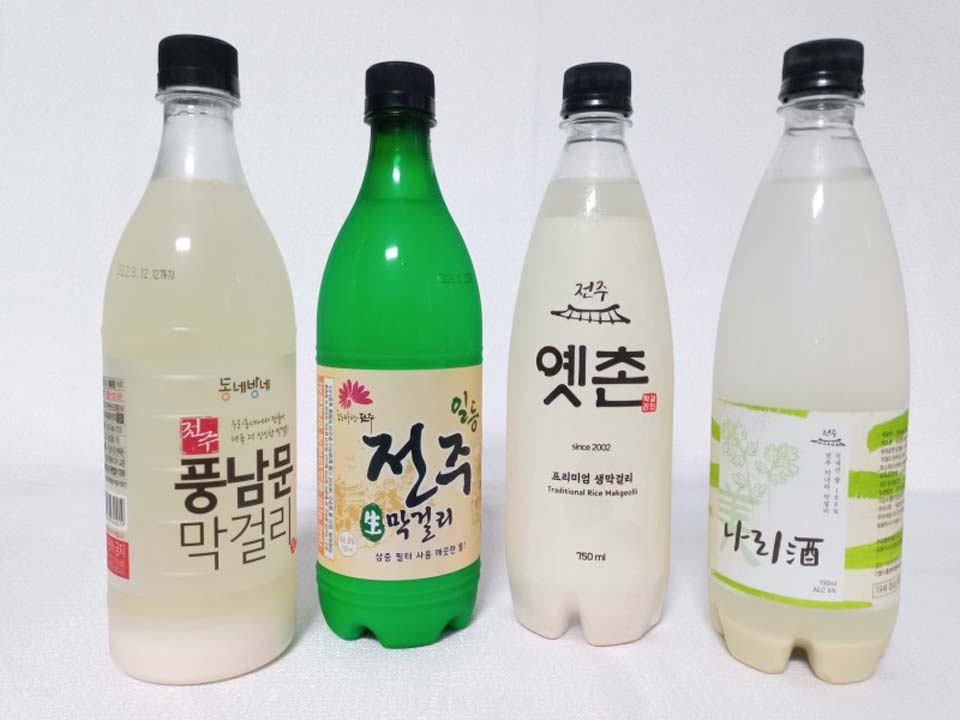
Ever heard of a Traditional Liquor Sommelier? Like wine sommeliers or tea sommeliers, these experts evaluate the taste and quality of traditional Korean liquors and introduce various types.
Traditional Korean alcohol, known as traditional liquor, has been traditionally passed down. Previously seen as a drink for the older generation, it didn’t receive proper recognition. Now, this traditional liquor is becoming more popular with younger people, and its fan base is growing younger.
In Jeonju, a city known for its taste and style, various traditional liquors were showcased and received high praise at the <2023 Jeonju Bibimbap Festival> in October. The traditional cloudy rice wine, viewed as a drink for the masses, is especially renowned. Here, Jeonju’s signature makgeolli is introduced.
–
| Jeonju Takju
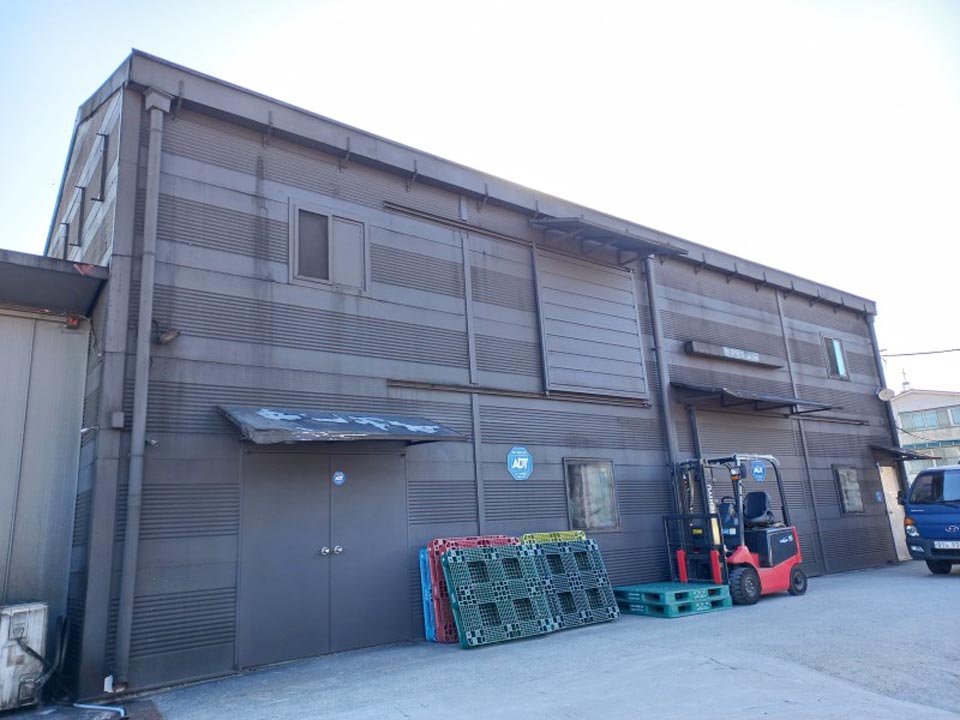
“Jeonju Takju is continuing the tradition of Jeonju makgeolli production”
Located in Hoseong-dong, Deokjin-gu, Jeonju Takju is a takju manufacturer.
Notable makgeolli types include <Ildeung Jeonju Saeng Makgeolli> and <Jeonju Pungnammun Makgeolli>. The company’s founder, who previously worked in the traditional liquor industry, set up the company in 2017, continuing the makgeolli production tradition in Jeonju’s competitive market.
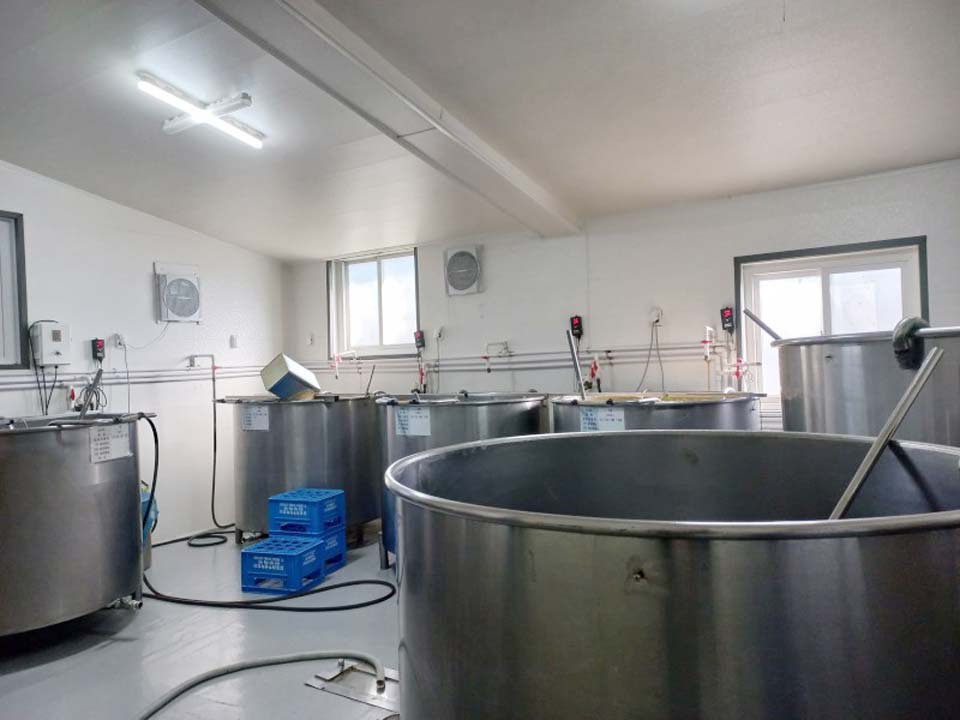
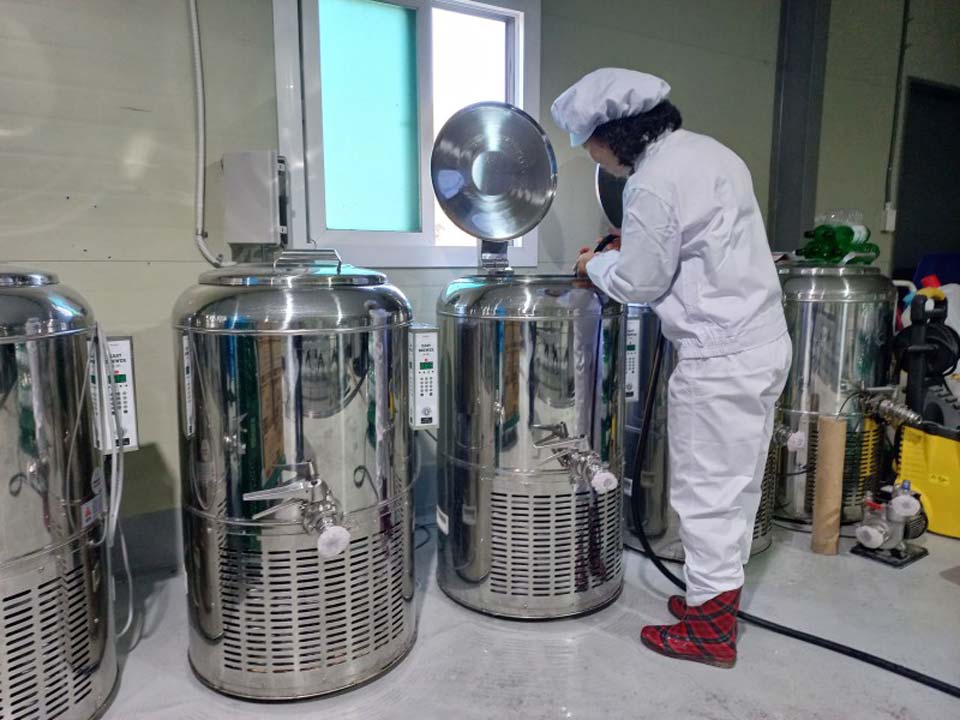
“Takju is a category that includes makgeolli.”
Takju is a collective term for cloudy and turbid alcohol made from nuruk (a fermentation starter), rice, and water.
In the past, a wide variety of traditional liquors existed, leading to many drinks being classified as takju but not as makgeolli. As other types of takju began to disappear, takju became synonymous with makgeolli in the public perception. However, takju actually is a broader category that includes makgeolli.
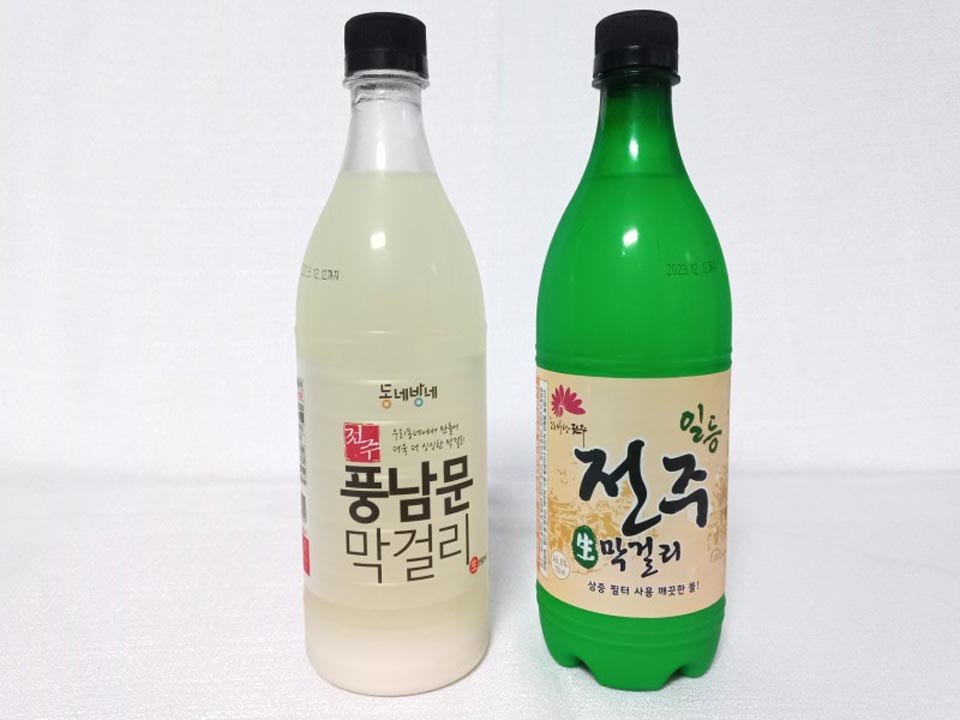
With the rising interest in traditional liquors, some efforts are being made to revive the old types of takju, but these are still in the early stages. This period calls for increased public interest and appreciation for traditional liquors.
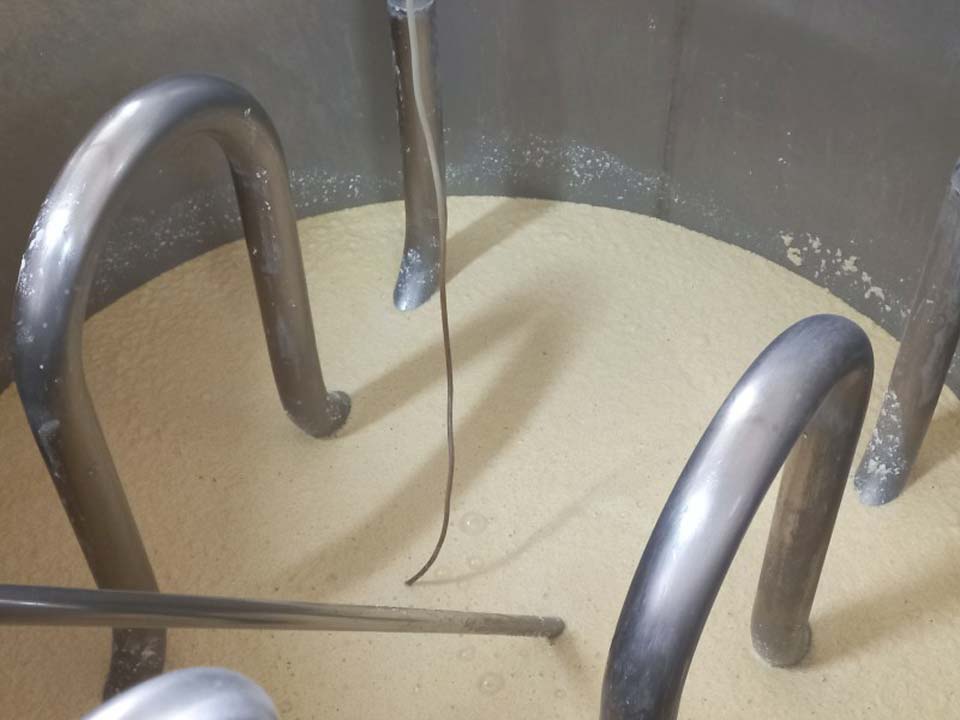
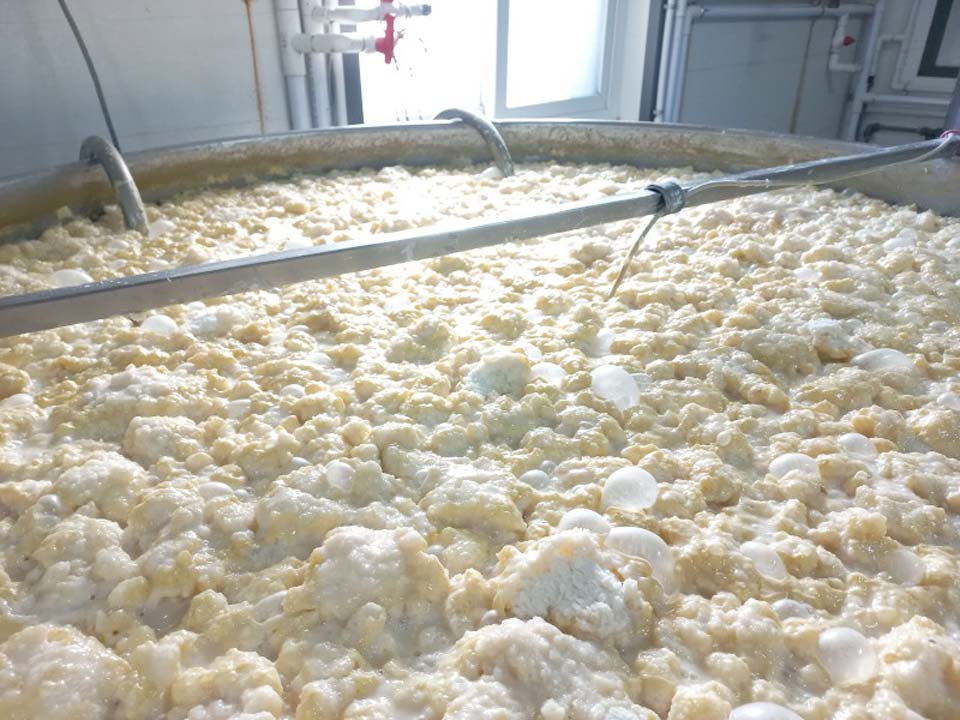
“Traditional liquor manufacturing facilities are sensitive to even minor environmental changes”
Facilities for making traditional liquor are generally not open to the public.
While small-scale production is possible, the key to the flavor of alcohol in large-scale facilities lies in how well and uniformly the collective of yeast, fermenting the basic ethanol ingredient, is managed. Hence, these facilities are particularly sensitive to minor environmental changes that might affect yeast activity.
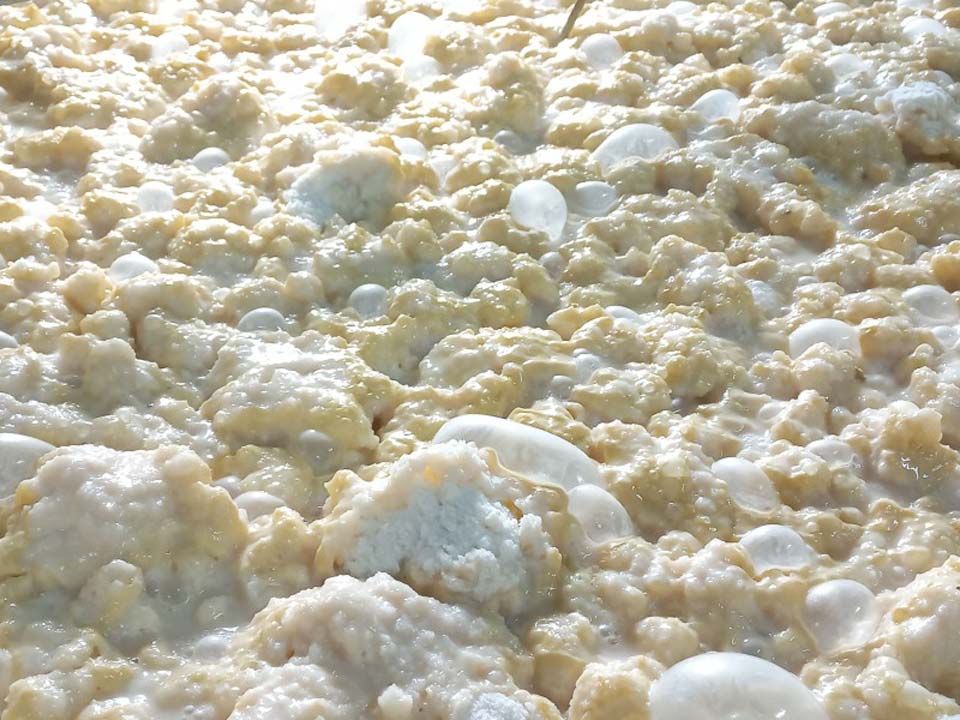
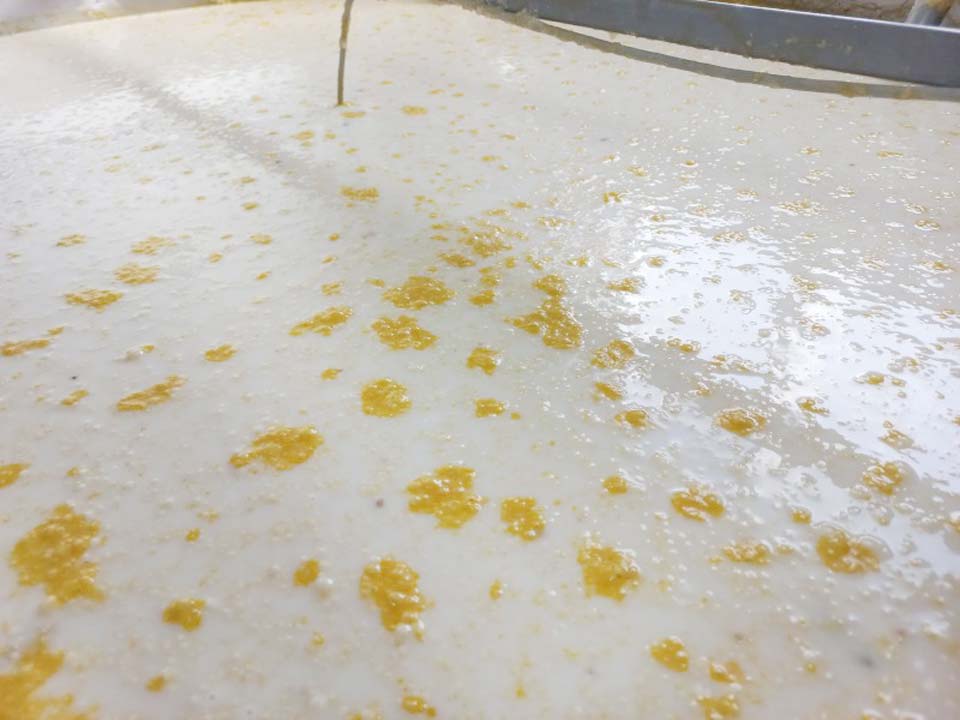
“Witnessing the fermentation spore tank room firsthand is a unique experience.”
I am truly thankful to Jeonju Takju for providing me the opportunity to personally witness the fermentation process in their spore tank room. This experience allowed me to observe the various stages of fermentation – from the initial preparation to just a day before completion.
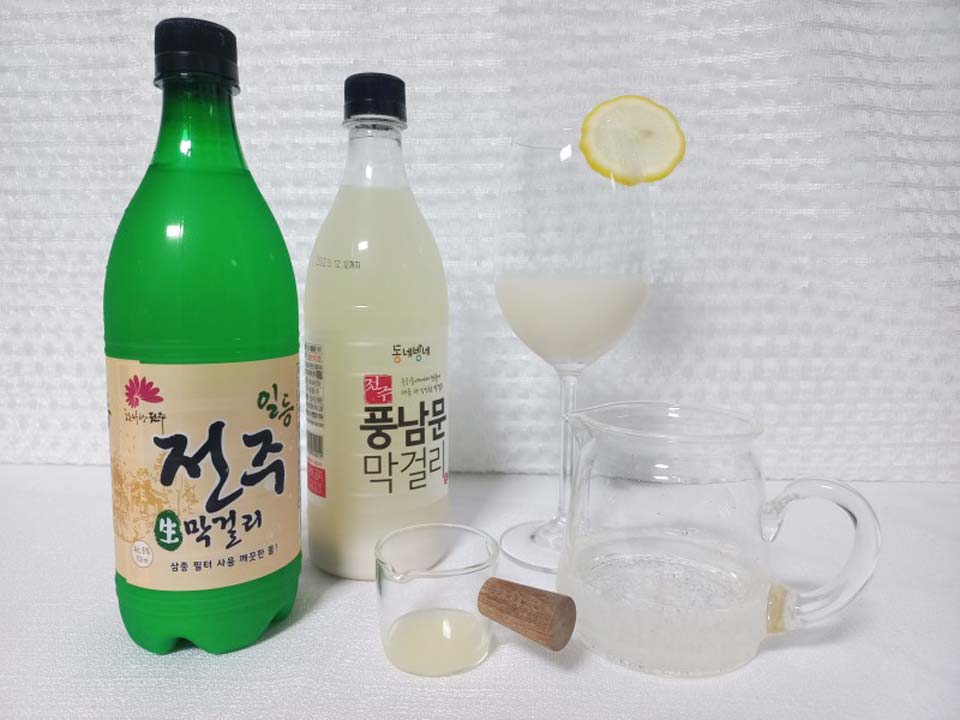
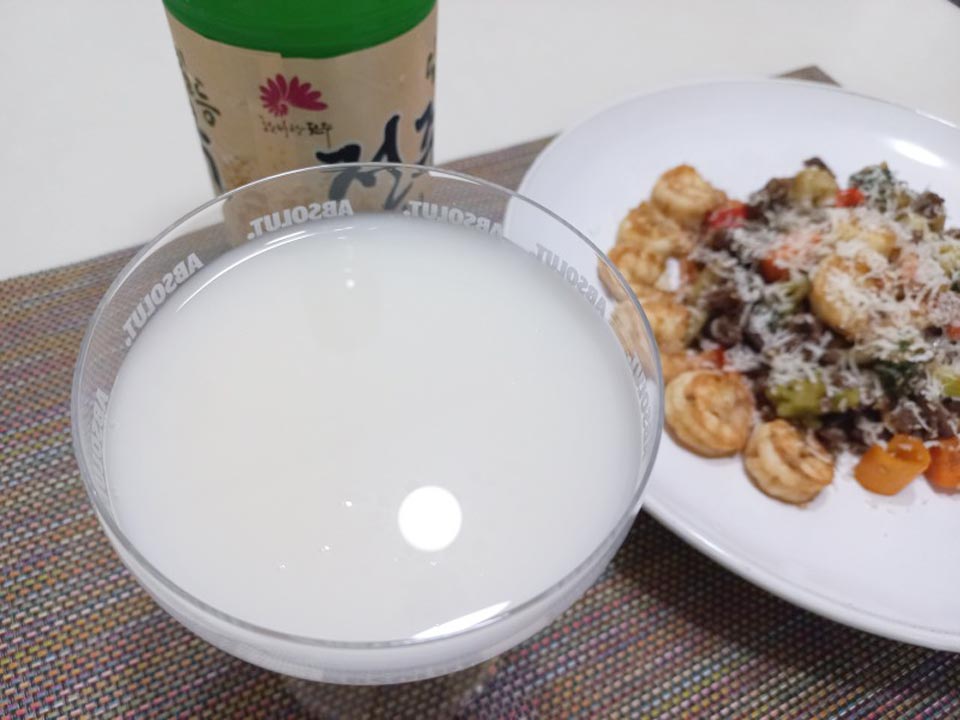
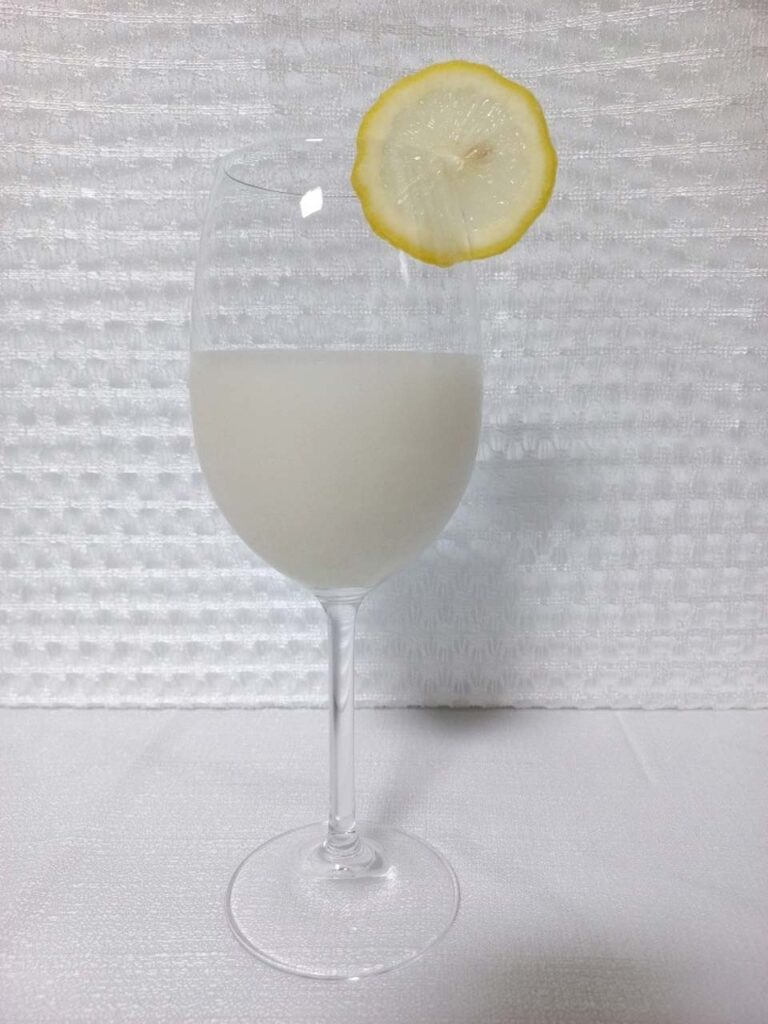
“The Number of Traditional Liquor Sommeliers Is Increasing”
A variety of foods pair well with traditional liquors, beyond the classic combination of ‘Makgeolli with pancakes.’ The rise in traditional liquor sommeliers, akin to wine sommeliers, who recommend these drinks and pair them with suitable appetizers, is a reflection of this trend.
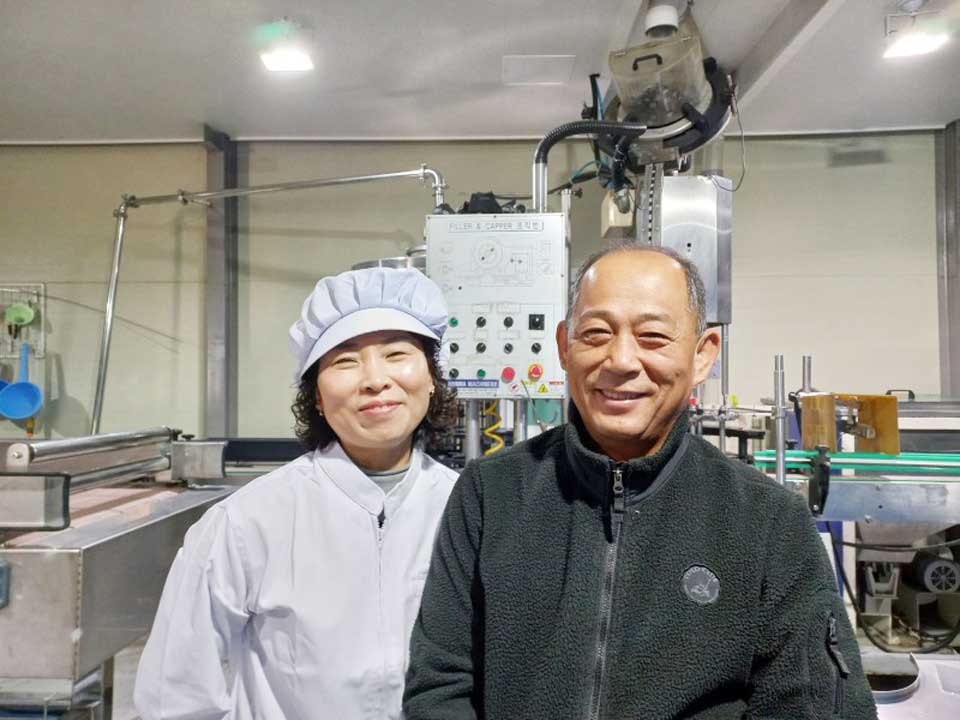
“Jeonju Takju: Starting the Day in the Early Hours”
The team at Jeonju Takju begins their workday around 3-4 a.m. Jeonju is not only famous for its delectable flavors but also known as the most competitive city in Korea for makgeolli prices, influenced by both local production and the influx from nationwide.
Currently a small-scale operation, Jeonju Takju aspires to grow into a company cherished by the community, representing Jeonju with leading products like <Ildeung Jeonju Saeng Makgeolli> and <Jeonju Pungnammun Makgeolli> as its market presence expands.
–
| Yetchon Doga
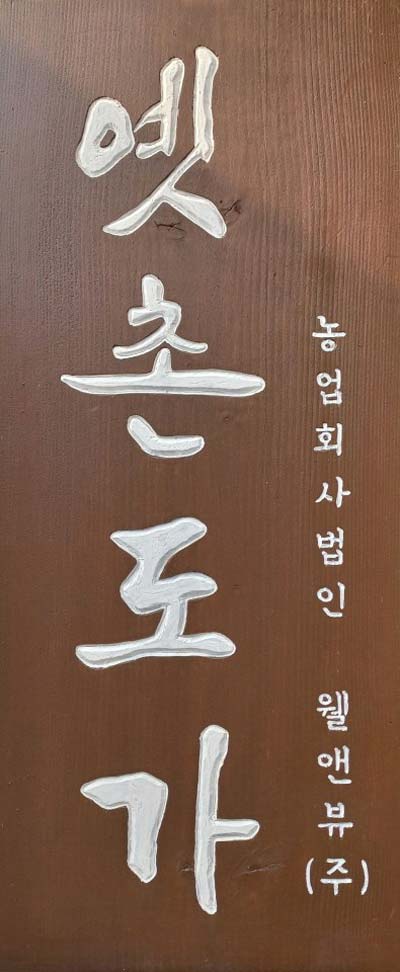
“The Brewery Behind Yetchon Makgeolli, ‘Yetchon Doga”
For those in Jeonju, ‘Yetchon Doga’ might ring a bell. It’s the brewery responsible for producing the renowned Yetchon Makgeolli from the city’s famed Makgeolli Alley.
The origins of Yetchon Doga in Palbok-dong trace back to 2002 in Makgeolli Alley. The brewery was established by Wellnbeau Co., Ltd., a company with the necessary expertise, at the request of Yetchon’s head, who was concerned about the absence of a representative makgeolli in Jeonju.
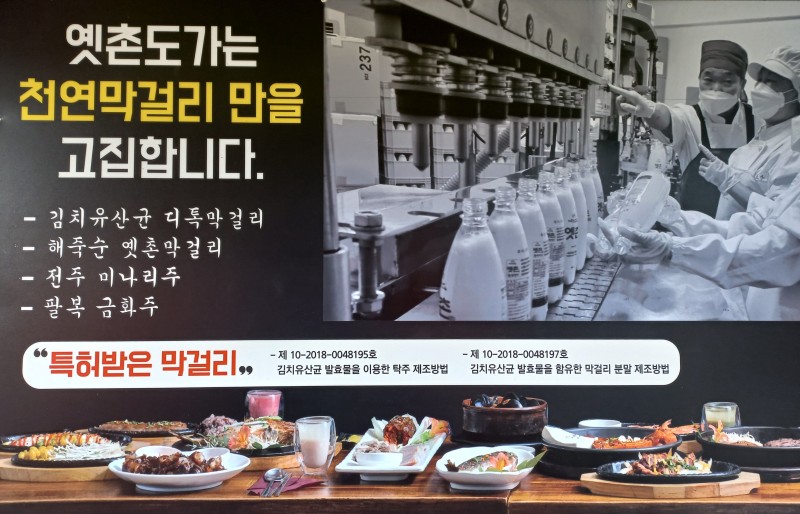
“Dedicated to Natural Makgeolli Only”
The primary offerings at Yetchon Doga include Yetchon Makgeolli and Jeonju Minari Liquor.
All makgeolli produced at Yetchon Doga is crafted from domestic rice and natural stevia for enhanced sweetness, and includes kimchi lactobacillus, a powerful antibiotic, as well as antioxidant-rich nipah palm (bamboo shoot) in its fermentation process, ensuring a natural brewing process.
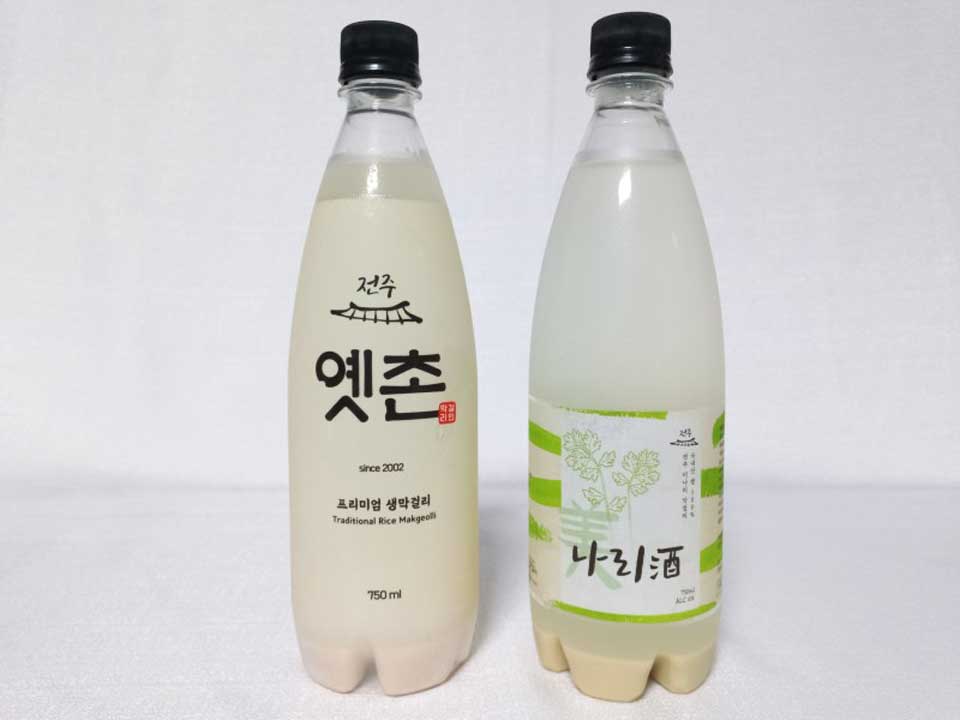
“Yetchon Makgeolli: A Leading Export Item”
Yetchon Makgeolli is distinct for its natural carbonation that develops during the proliferation of kimchi lactobacillus, providing a refreshing sensation akin to champagne.
The community leader at Yetchon Doga confidently suggests that the typical aftereffects of drinking makgeolli, like burping, bloating, and hangovers, can be positively altered, reducing the general aversion to the drink.
Besides being popular in Jeonju, Yetchon Makgeolli has also been receiving a positive response in Hong Kong, making it a significant export item for fresh makgeolli.
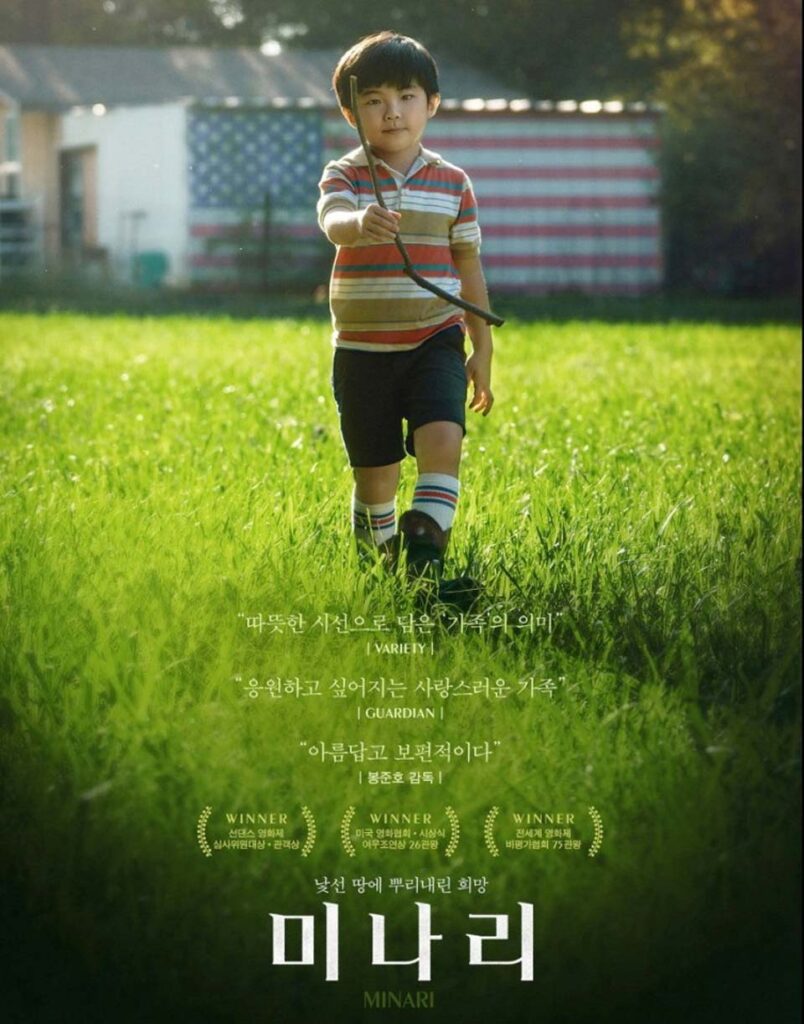
NAVER Movie ‘MINARI’
“Jeonju Minari Liquor emerged from the collaborative efforts of Yetchon Doga and Jeonju City.”
Minari, a specialty of Jeonju, has gained worldwide recognition, even being featured as a movie title. Its adaptability is remarkable. Have you tried Jeonju Minari Liquor, a product of the teamwork between Yetchon Doga and Jeonju City?
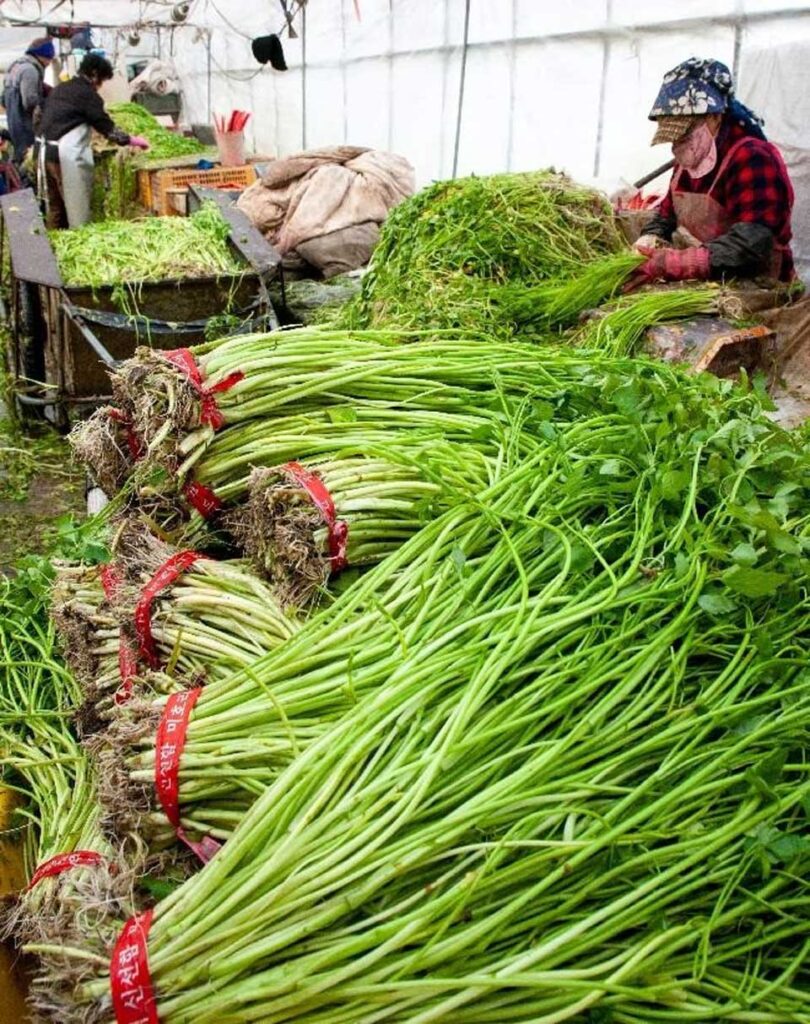
From SJB News
“Minari, A Precious Ingredient”
Jeonju Minari is well-known as an alkaline food abundant in various vitamins and minerals. It effectively purifies bodies affected by fine dust or acidity and is a common but highly valuable ingredient due to its strong detoxifying properties.
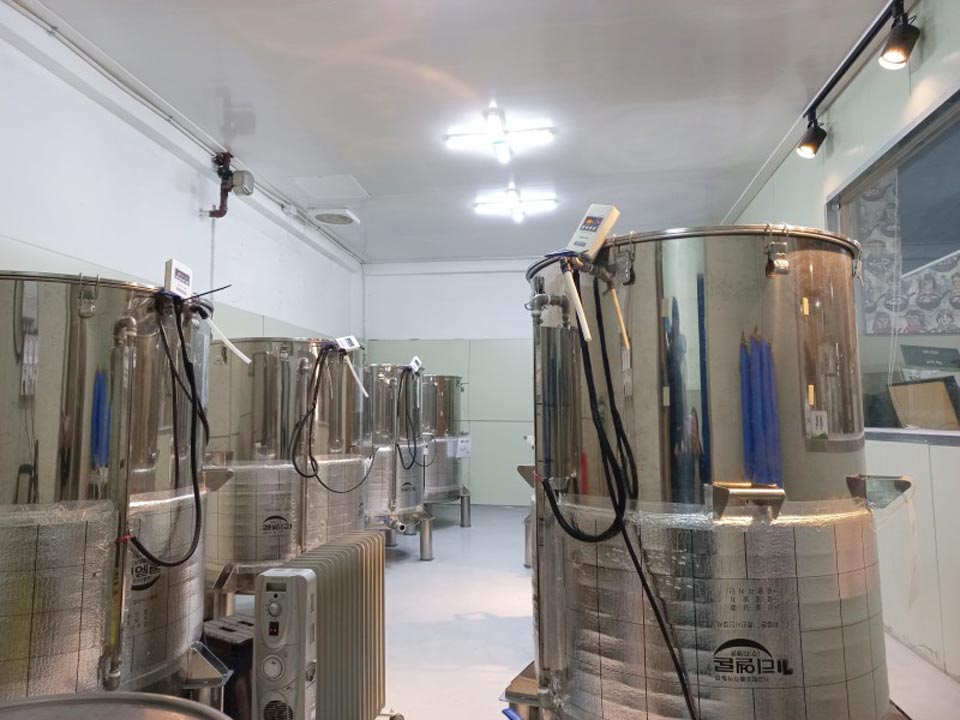
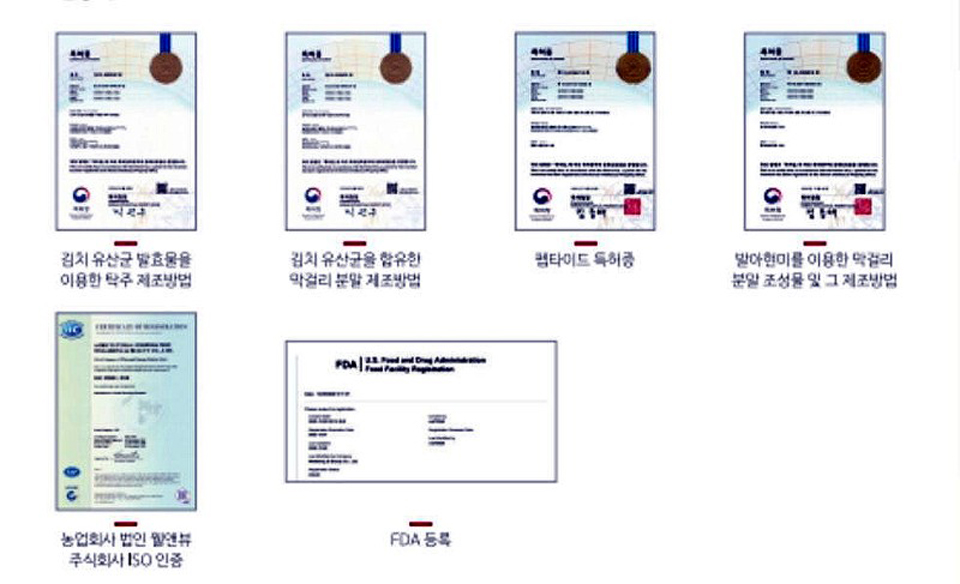
Jeonju Minari Liquor, a natural makgeolli, incorporates natural ingredients into minari juice. Yetchon Doga and Jeonju City Agricultural Technology Center joined forces in April 2021 to enhance local farmers’ incomes. They developed an optimal makgeolli recipe through extensive tastings and ingredient assessments, resulting in a makgeolli that epitomizes Jeonju.
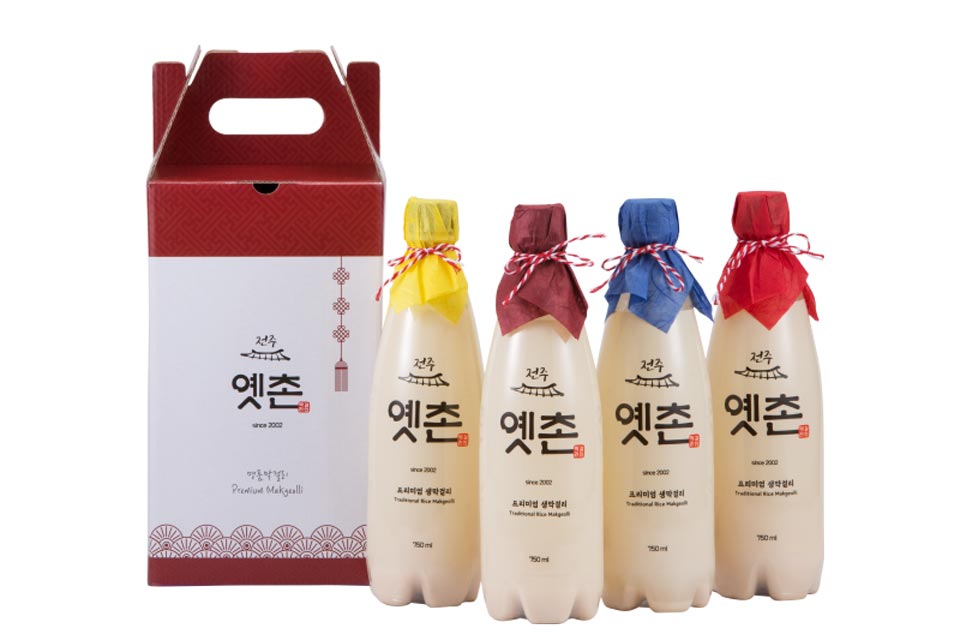
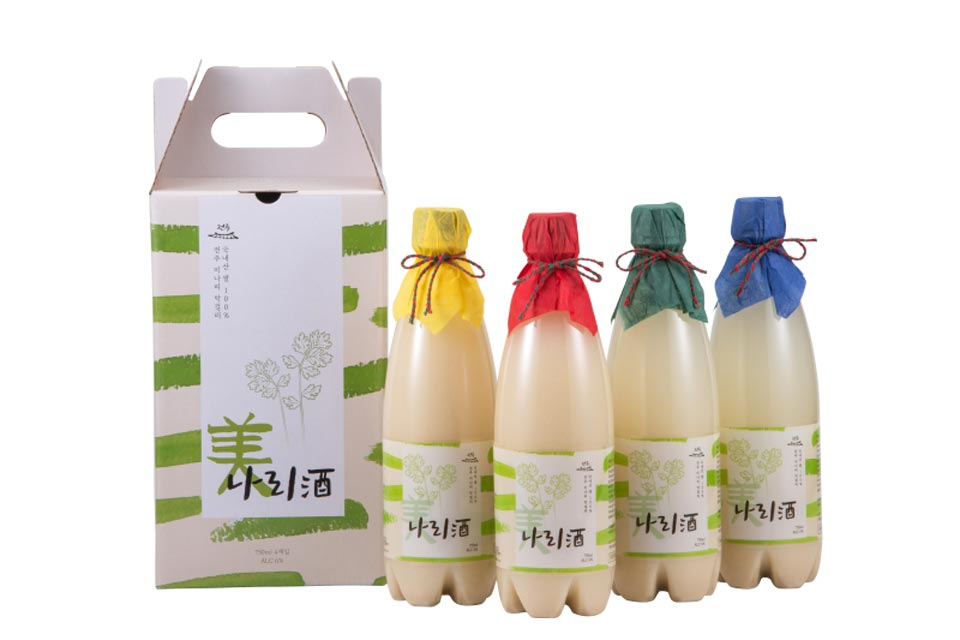
Yetchon Makgeolli from Yetchon Doga offers unique experiences to both residents and tourists in Jeonju’s Makgeolli Alley!
The natural carbonation produced by the proliferation of kimchi lactobacillus is altering perceptions about makgeolli, creating a pleasant taste that leads to increased sales. More people are buying it as gifts, contributing to a positive sales trend.
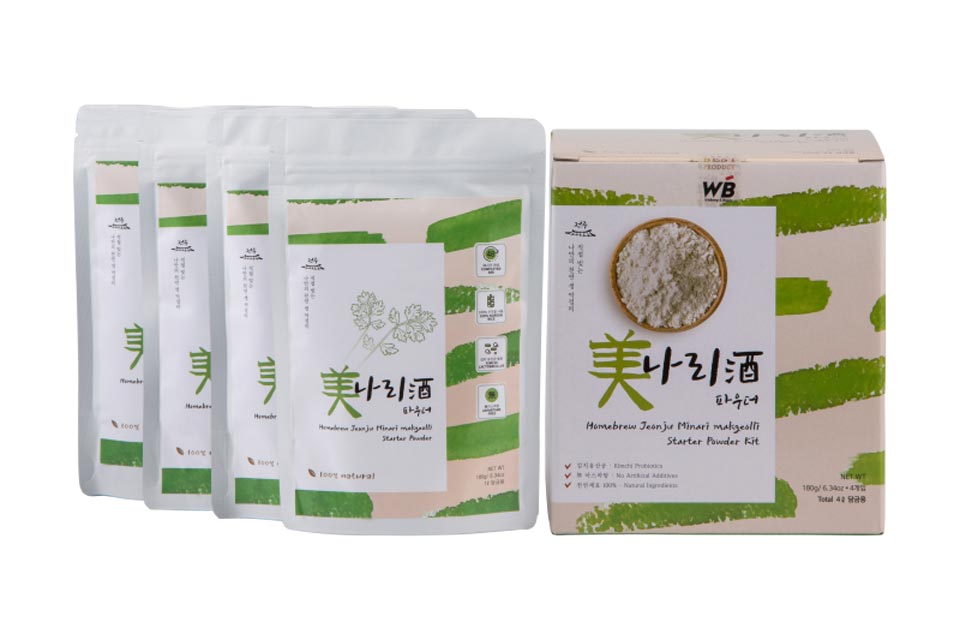
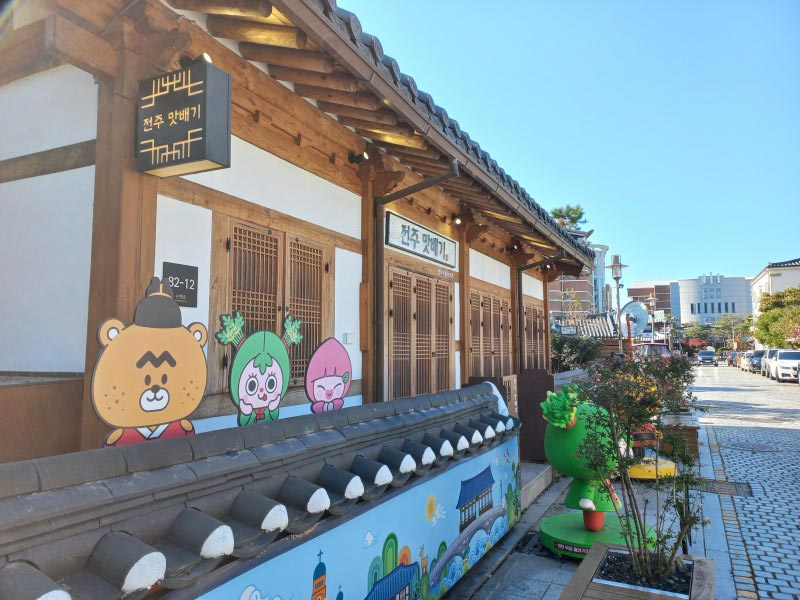
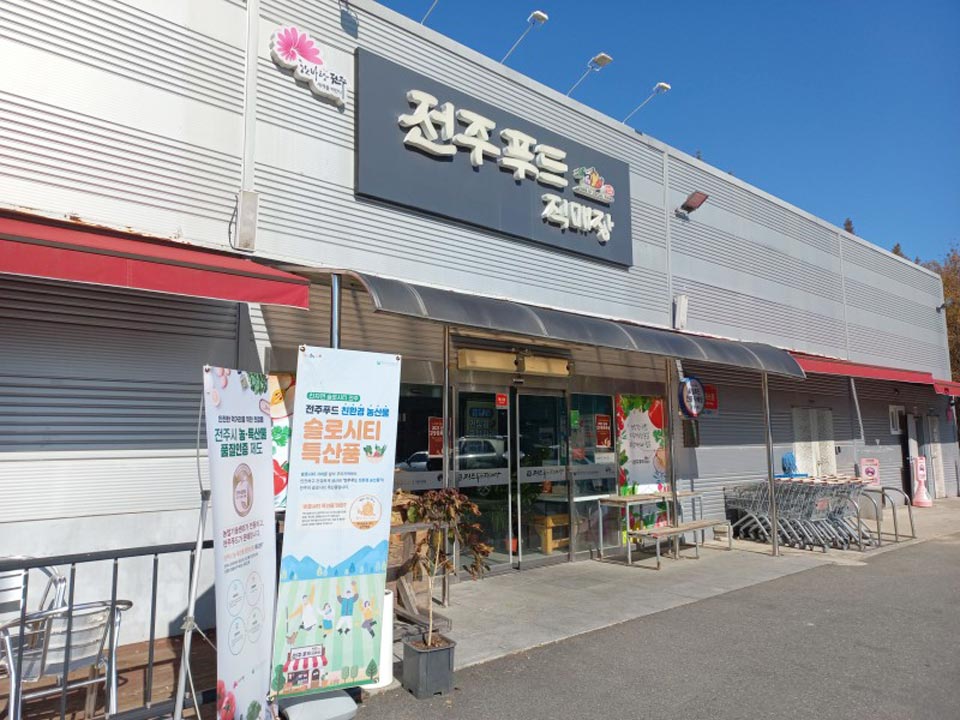
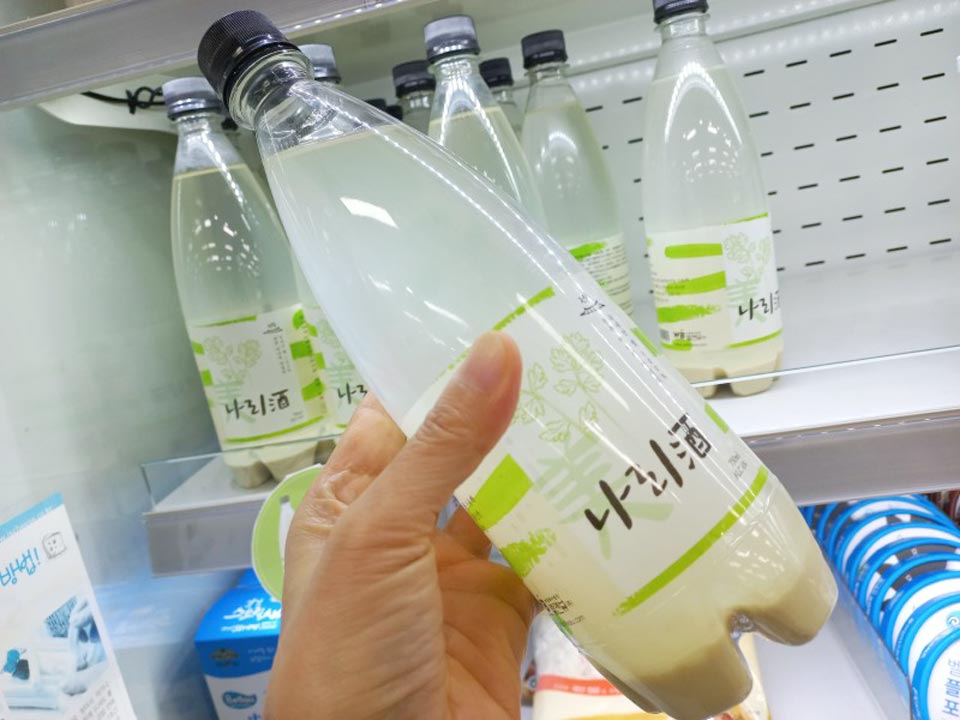
“Create Your Own Natural Fresh Makgeolli at Home”
With a powder kit, you can make your own natural fresh makgeolli at home. Jeonju Minari Liquor can be found at Jeonju Food Songcheon, Hyocheon branches, and the ‘Jeonju Taste Pavilion’ in the Jeonju Hanok Village.

“Jeonju’s Makgeolli Alley as a City Brand and Tourist Spot”
Jeonju is unique for having the Makgeolli Alley serve as both a city brand and a tourist spot. In this city, where food culture transforms into festivals, you can discover a range of makgeollis that represent Jeonju.
–
📍 Jeonju Takju 70 Chodang-gil, Deokjin-gu, Jeonju, Jeollabuk-do
📍 Yetchon Doga 20 Chucheon 6-gil, Deokjin-gu, Jeonju, Jeollabuk-do



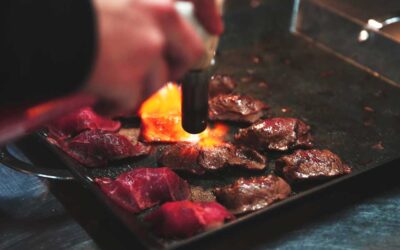
최신 댓글